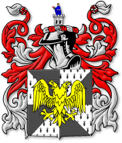

Portsea Information
Back to: Plymouth Location Map
Back to: Goodmans In Cornwall & Devon Map
You may need to expand and/or scroll this page.
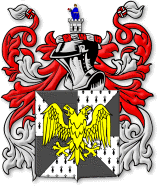
Who Lived Here
Gosport
Originally Portsea only referred to the island upon which the aptly named town of Portsmouth grew to the South-West as seen on this map of the Hampshire Hundreds.
(date unknown)
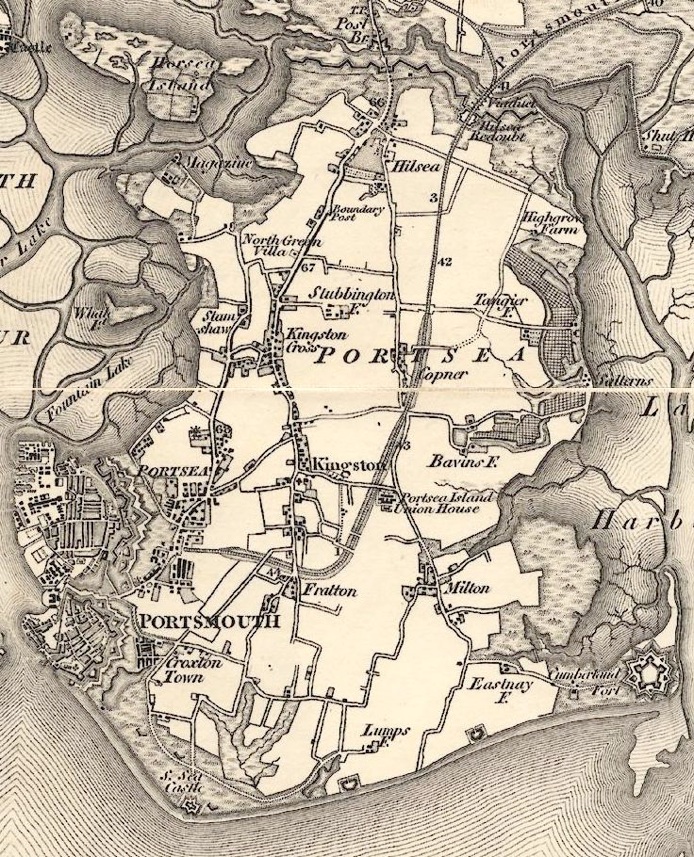
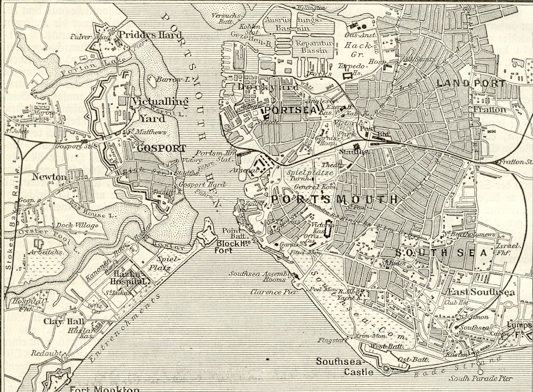
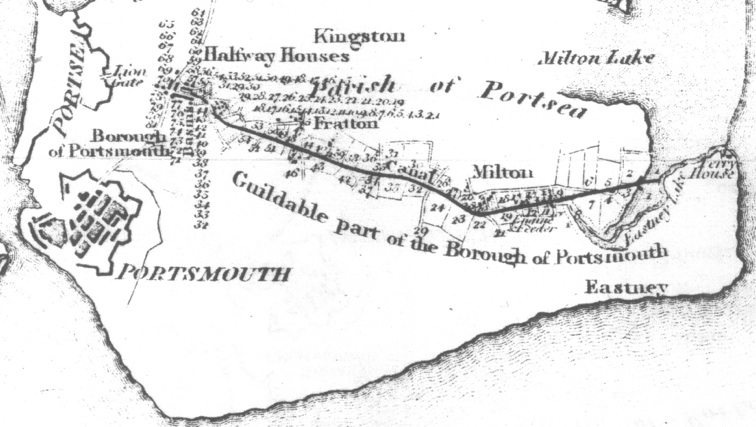
To the North of the town, on the West of the island, was Common Land. This was commandeered and maps mark a military “magazine” most likely to keep explosives away from the growing population. To increase defense Portsmouth was built with a wall around it. Eventually, however, it’s population outgrew the town and housing had to be started outside of the wall. The Common was renamed Portsea and the docks substantially expanded making for a lot of employment in the area. This map is of 1815.
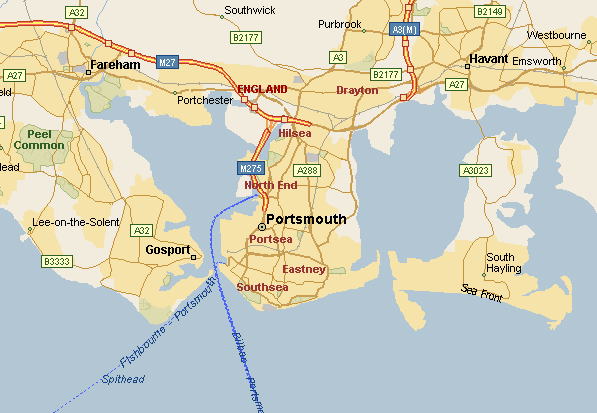
Modern Portsea Has Been Absorbed Into Portsmouth
Portsea Beginnings
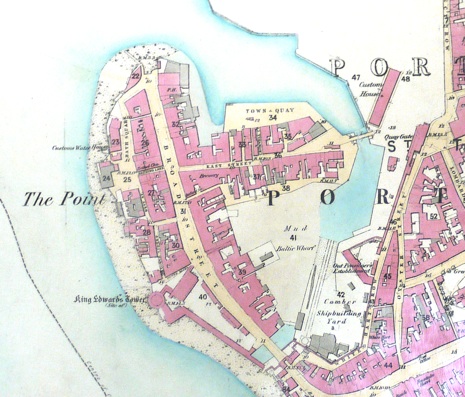
Detailed map of docks (1858).


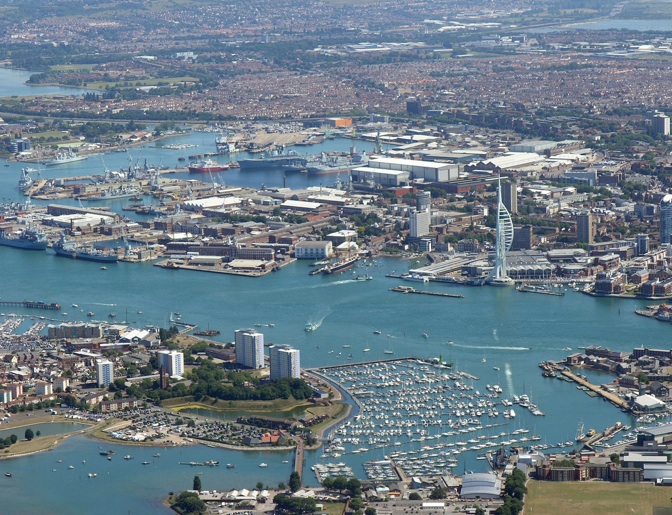
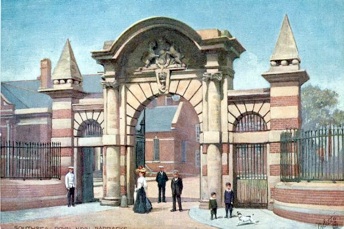
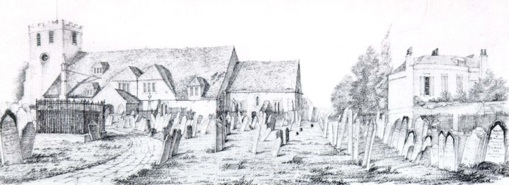
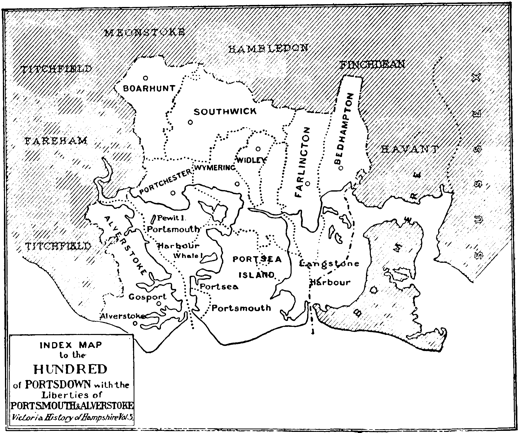
The Hampshire Hundreds
The depth and shelter afforded by the estuary made it an obvious choice for seaborne activities. The strategic location meant that the navy were quick to build fortresses here. This map of the Portsea Canal Company of 1815 shows the walled towns and the route of a canal built to enable barges to travel from Portsea to London without fear of attack or bad weather. However it was never a commercial success.
The parish church of St Mary is believed to be 12th Century.

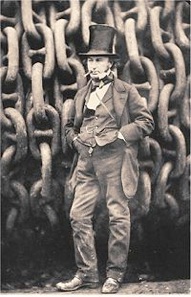
The British Navy was to be the best in the world.

And the Naval Barracks to be the best supplied.
Isambard Kingdom Brunel
Of course arguably the greatest Engineer that ever lived was born in the aptly named Britain Street, Portsea in 1806. Notice how close to the docks this was so after he built “God’s Wonderful Railway” it’s not surprising that he ended up building by far the greatest ships of his time with steel hulls, steam engines and screw propellers.
Marked on map with red flash.
He built the Tamar Bridge in Plymouth.
(Click for larger version)
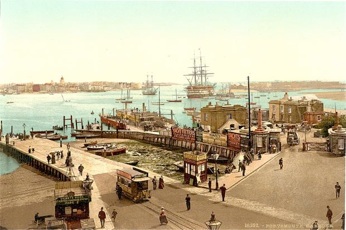
By 1890 Portsmouth was vast.
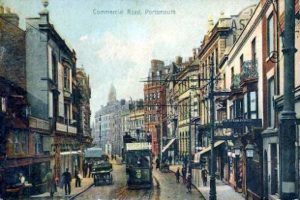
Businesses boomed around Commercial Street.
Military And Business Expansion
Charles Dickens
Arguably the greatest writer of his time Charles was born in Portsea in 1812.
